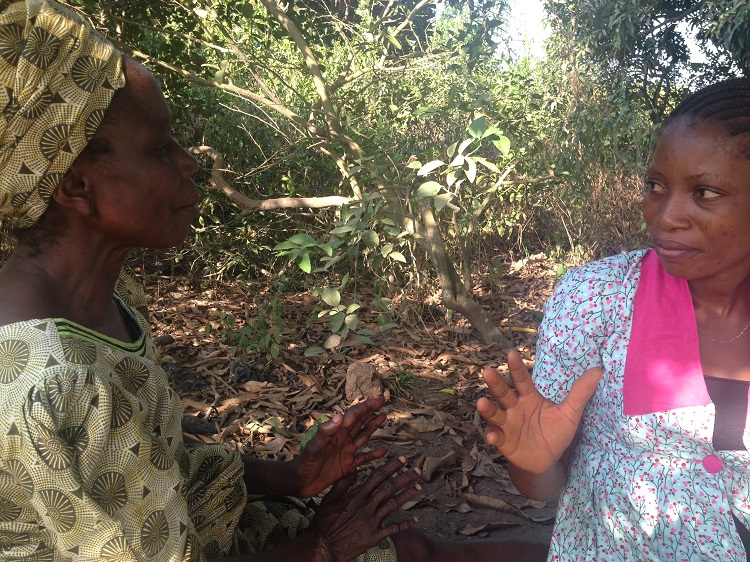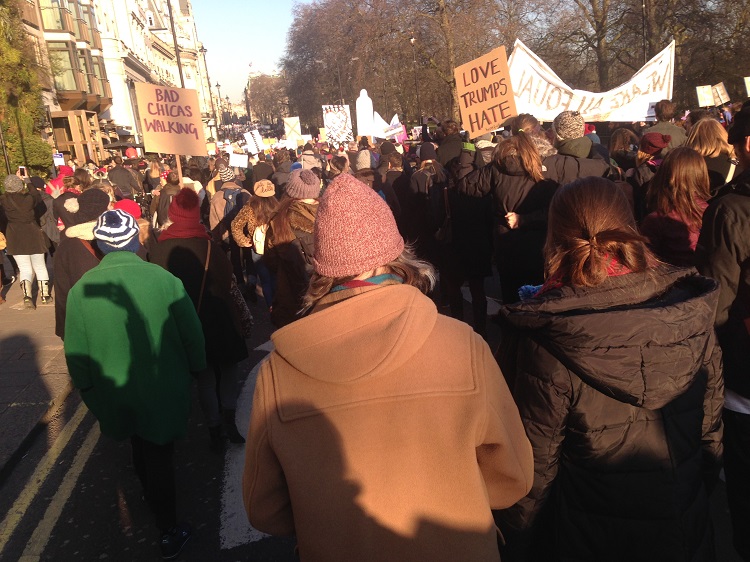International Women’s Day commemorates the movement for women’s rights. It has been held on 8th March every year since 1913, with a growing number of events, activities and speeches in a growing number of countries. To celebrate this day, figures on the international stage and those working to advance women’s rights on the ground are profiled, photographed, filmed and publicised. Since the dawn of social media, we’ve had hashtags, posts, likes and follows, sharing the great strides in women’s rights that International Women’s Day has promoted. In 2018, the UN’s theme is ‘The Time is Now: Rural and urban activists transforming women’s lives’ while the theme of the International Women’s Day event is ‘Press for Progress’.
The movement towards gender justice has been happening for many years and has not too often been shown on television or given hashtags. Grassroots organisations and women’s rights advocates have been creating new spaces for gender justice locally and globally for decades. In many cases, it has threatened both their careers and lives. So while this year there may be a larger platform for discussing issues of gender justice, will this be sustained, how, and what changes will result?
This year, cases of systematic abuse and gender inequality are being discussed publicly and shared across the world at an unprecedented rate. From the international development sector, to the arts, the media, politics and academia – people are increasingly being brought to account for their actions (and non-actions), and for their attitudes. All sectors need to do more, and this year, we can all learn to be activists. For inspiration, read this article on ‘Eight ways you can be a women’s rights advocate today, and every day’ by UN Women, and the book ‘Dear Ijeawele, or a Feminist Manifesto in Fifteen Suggestions’, where award-winning Nigerian author Chimamanda Ngozi Adichie guides her friend on how she could raise a feminist daughter.

Women staff at the University of Greenwich have initiated activities related to the Aurora programme for Women’s Leadership in Higher Education, which highlight awareness of gender equality issues in academia, and the momentum of women’s retention and progression in our University. NRI’s Caroline Troy is leading the ‘Aurora Book Club’ which invites all university staff to read and discuss titles related to women’s leadership, rights and equality. The dedication of women in our work place deserves recognition and praise.
Join the conversation for International Women’s Day:
- Main hashtags: #IWD2018, #TimeIsNow (English), #DíadelaMujer, #AhoraEsElMomento (Spanish), #JourneeDesFemmes (French)
- #PressforProgress
- Main Twitter accounts: @UN_Women (English), @ONUMujeres (Spanish), @ONUFemmes (French)
- Main Facebook accounts: UN Women (English), ONU Mujeres (Spanish), ONU Femmes (French)
- Other accounts: Instagram, Google+, LinkedIn, Pinterest
- NRI's Gender and Social Difference Programme


